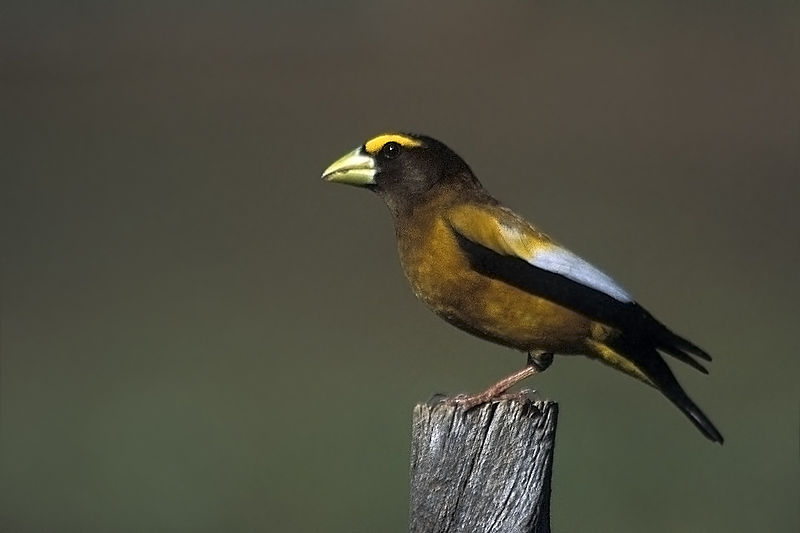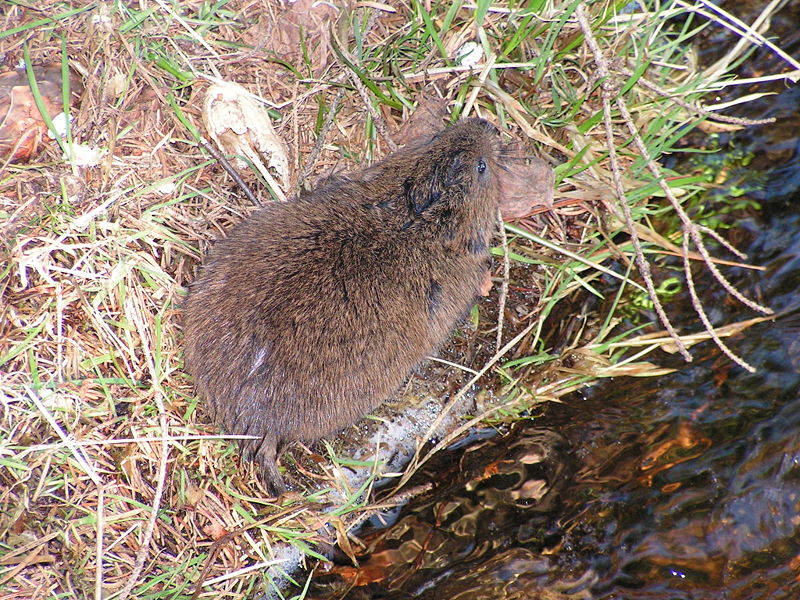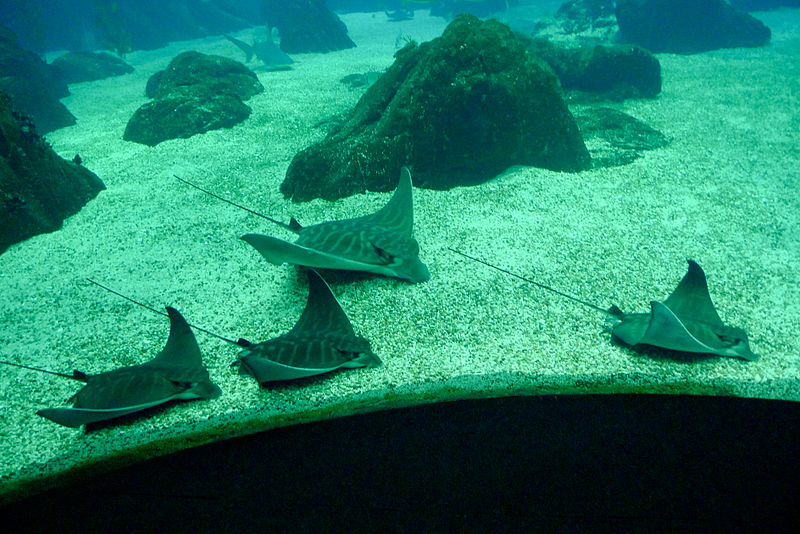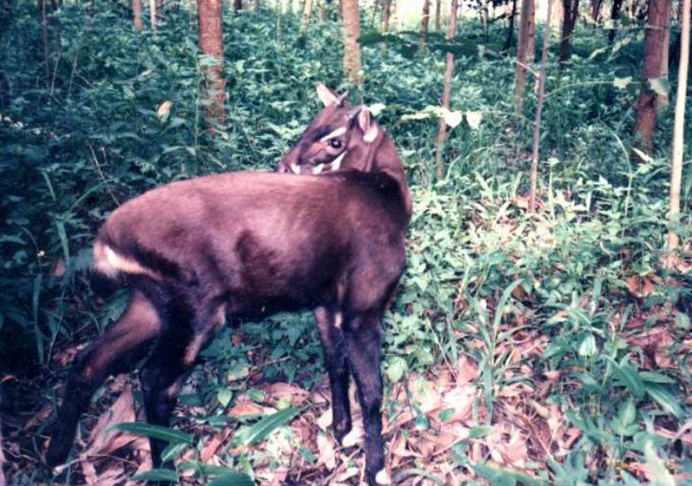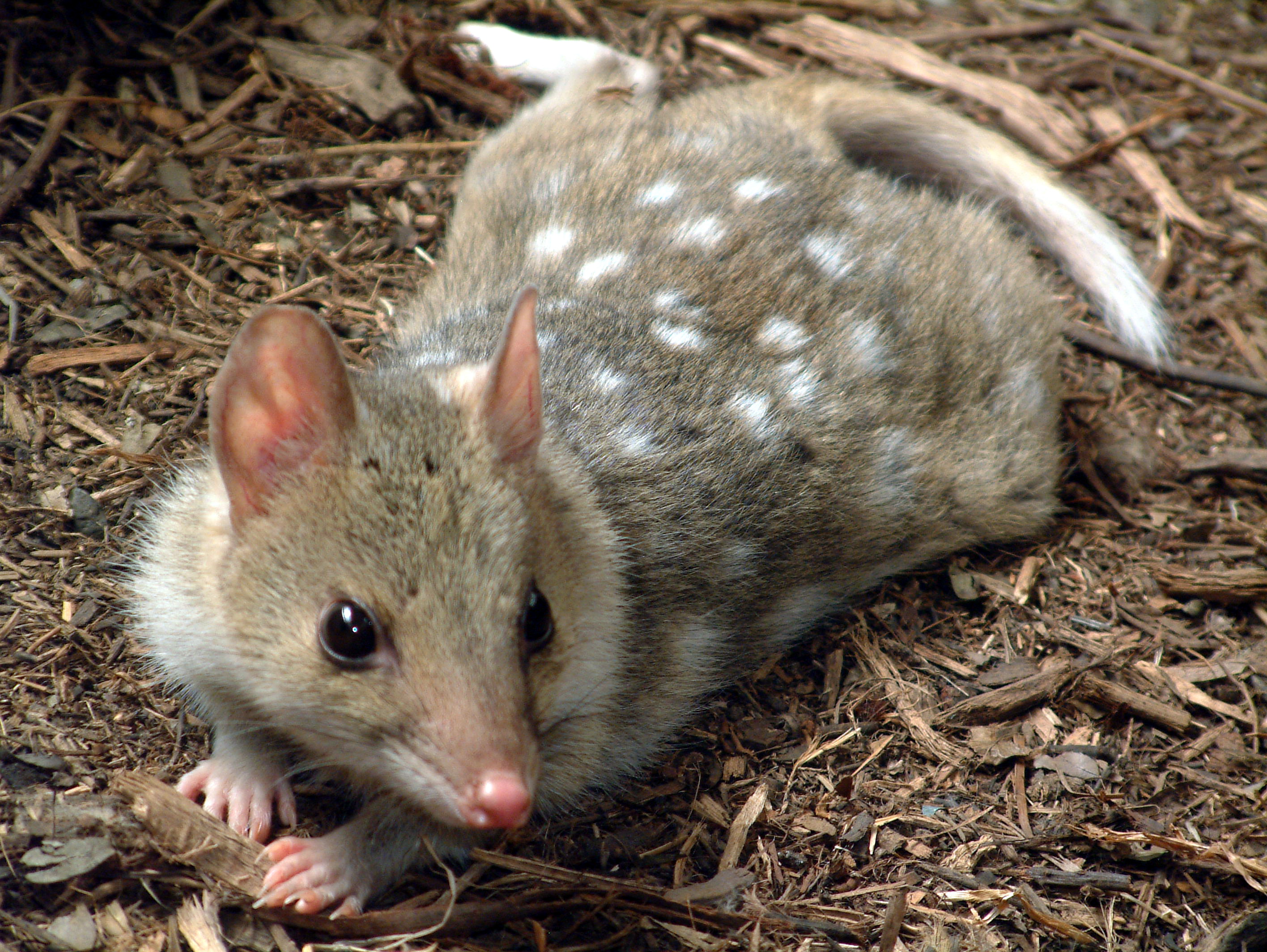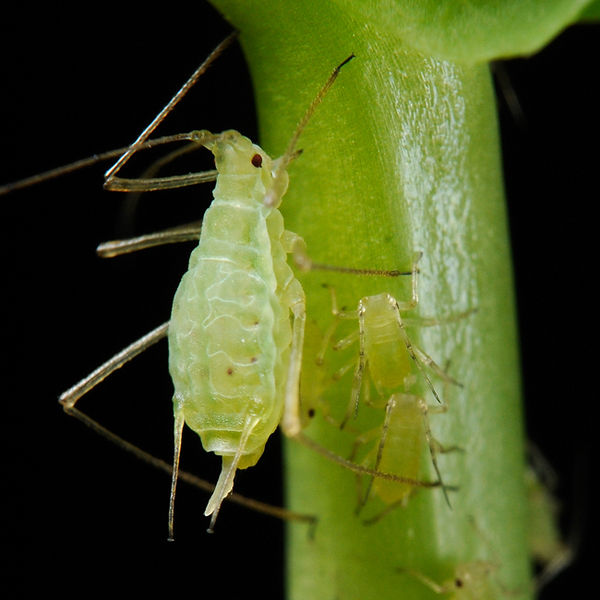
Today we are continuing on with our Garden Pest week of Wild Facts. The animal we are looking at today is called the Aphid, which is a term used to describe over 4400 species. It is crazy to think that I could fulfill my dream of completing 1000 Animal Facts just by using one simple creature such as the Aphid. Actually, I would be able to meet my Wild Facts goal four and a half times. This literally blows my mind….okay, maybe not literally. Not sure what an Aphid actually is? Maybe some of their other names will help solve the puzzle. These little guys are also known as Plant Lice, Greenflies, Blackflies (no, not the actual Blackflies) and Whiteflies. Is it just me or was someone on a colour kick when handing out these names.
If you are a farmer then you probably detest Aphids, since they are one of the most destructive plant pests in the temperate region. Luckily, only about 250 of the 4400 species are actually garden pests. Just imagine how bad it would be if all Aphid species were fond of destroying Farmer Joe’s crops. Similar to the Colorado Potato Beetle, it is tough to control these organisms since they have an incredibly successful breeding strategy. Actually they have many incredibly successful breeding strategies, depending which exact species we are talking about. Some Aphids are capable of asexual reproduction, which basically means that the offspring arise from a single parent and contain the genes from that parent. It is kind of like cloning yourself.
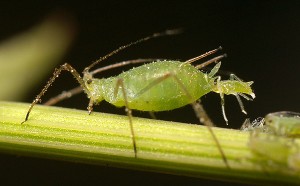
Interestingly enough, the Aphids you are cursing at for eating your precious crops are most likely females. That’s right, generally it is only females present in the Aphid population, although they did find one species that had both males and females. For the most part it works like this, the eggs that hatch in the spring are all females. These females will then use asexual reproduction throughout the summer to create genetically similar offspring. Incredibly, one female born in the spring is capable of producing 1000’s of descendants in a single season. Once Autumn rolls around, the temperature and amount of light trigger a shift in the reproduction cycle and the females now give birth to male Aphids. Quite often these males will not have mouth parts or wings, with their only purpose being to mate with the females. This helps keep up some genetic diversity in the group. These eggs from the autumn mating season will overwinter and turn into females in the spring. I told you they had a crazy and unusual breeding strategy, however, it is highly successful and makes controlling these insects very difficult.
Well, I think that is enough about the Aphid’s love life. Thanks for reading and I will see you tomorrow for another great Garden Pest Wild Fact.

